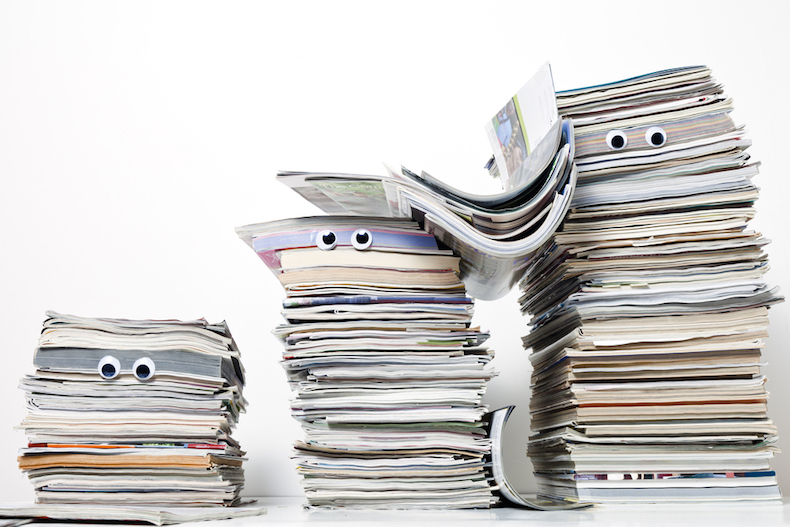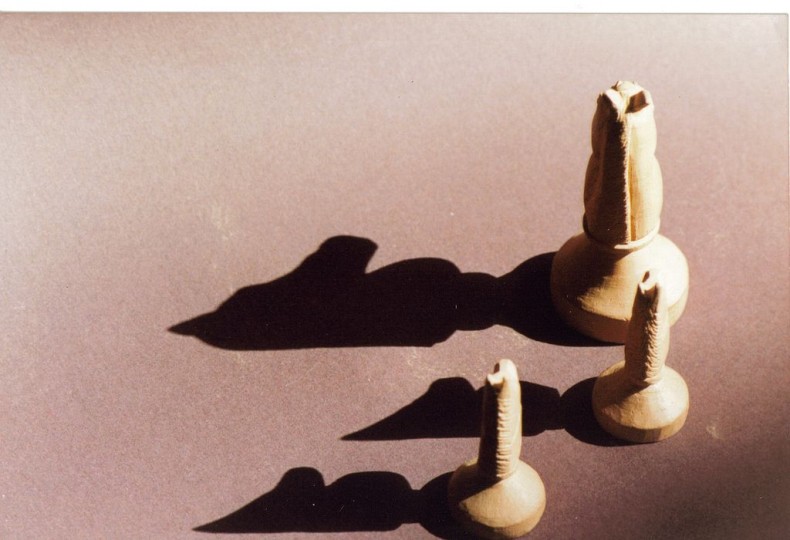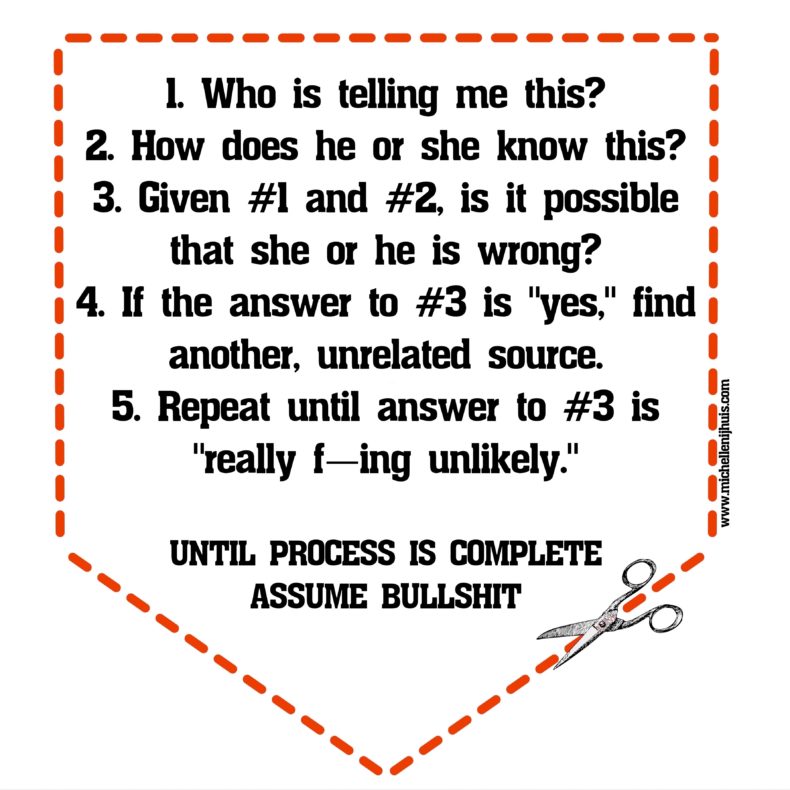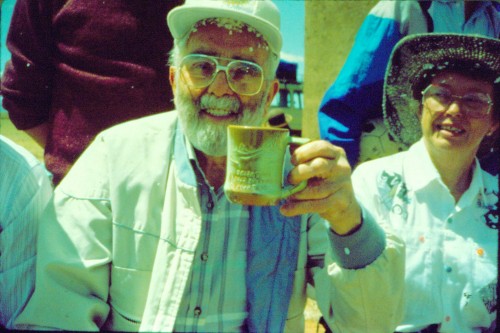 With the new year often comes an urge to purge all my unnecessary belongings. I dream of tossing entire filing boxes of documents into the recycling bin, hauling a dozen garbage bags of clothes to Goodwill, or whittling down my possessions to a few suitcases and moving into a tiny house.
With the new year often comes an urge to purge all my unnecessary belongings. I dream of tossing entire filing boxes of documents into the recycling bin, hauling a dozen garbage bags of clothes to Goodwill, or whittling down my possessions to a few suitcases and moving into a tiny house.
This year, I was motivated to clean out my overstuffed boxes of papers after noticing a serene little hardcover book by Japanese organization consultant Marie Kondo in my neighbourhood bookstore. Kondo has one guiding principle for dealing with papers: “throw them all away,” she writes. “My clients are stunned when I say this, but there is nothing more annoying than papers.” And no, she’s not advocating scanning reams of documents onto the computer; she means banishing them for good.
After reading her advice, I sat on the floor of my office and started going through my seemingly endless folders. Old insurance policies, handwritten notes from conferences, class handouts on journalism ethics from my graduate school program, maintenance records for the 2001 Civic that I no longer owned, historical documents accumulated as part of research for a blog post written two years ago — all went into the trash. I started to warm up to the idea of discarding paper by default, instead of hanging onto it until it “expired” at some unknown future date. What if, upon receiving a document in the mail that seemed vaguely important, I immediately threw it away? Or after publishing a story, ditching my research materials within a week instead of keeping them for future stories that I never ended up writing?






